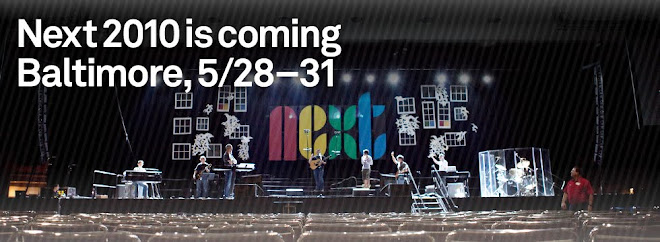Phil. 4:6 do not be anxious about anything, but in everything by prayer and supplication with thanksgiving let your requests be made known to God. 7 And the peace of God, which surpasses all understanding, will guard your hearts and your minds in Christ Jesus.
Paul echoes Jesus’ teaching in the Sermon on the Mount that believers are not to be anxious but are to entrust themselves into the hands of their loving heavenly Father, whose peace will guard them in Christ Jesus. Paul’s use of “guard” may reflect his own imprisonment or the status of Philippi as a Roman colony with a military garrison. In either case, it is not Roman soldiers who guard believers-it is the peace of God Almighty. Because God is sovereign and in control, Christians can entrust all their difficulties to him, who rules over all creation and who is wise and loving in all his ways. An attitude of thanksgiving contributes directly to this inward peace. –English Standard Version Study Bible
Heb. 4:16 Let us then with confidence draw near to the throne of grace, that we may receive mercy and find grace to help in time of need.
Draw near is used consistently in Hebrews to present a person approaching God, who is possible only when one’s sins are forgiven through the sacrificial and intercessory ministry of a high priest. The encouragement to “draw near” to God’s throne implies that Christians have the privilege of a personal relationship with God. Confidence translates…”boldness,” “confidence,” “courage”…It indicates that Christians may come before God and speak plainly and honestly (yet still with appropriate reverence), without fear that they will incur shame or punishment by doing so. throne of grace. God the Father, with Jesus at his right hand graciously dispense help from heaven to those who need forgiveness and strength in temptation. –English Standard Version Study Bible
I Pet. 5:7 casting all your anxieties on him, because he cares for you.
The participle “casting” modifies the main verbal phrase “humble yourselves” from v. 6. Worry is a form of pride because it involves taking concerns upon oneself instead of entrusting them to God. Believers can trust God because, as their Father, he cares for them. –English Standard Version Study Bible
Romans 8:31 What then shall we say to these things? If God is for us, who can be [1] against us? 32 He who did not spare his own Son but gave him up for us all, how will he not also with him graciously give us all things?





